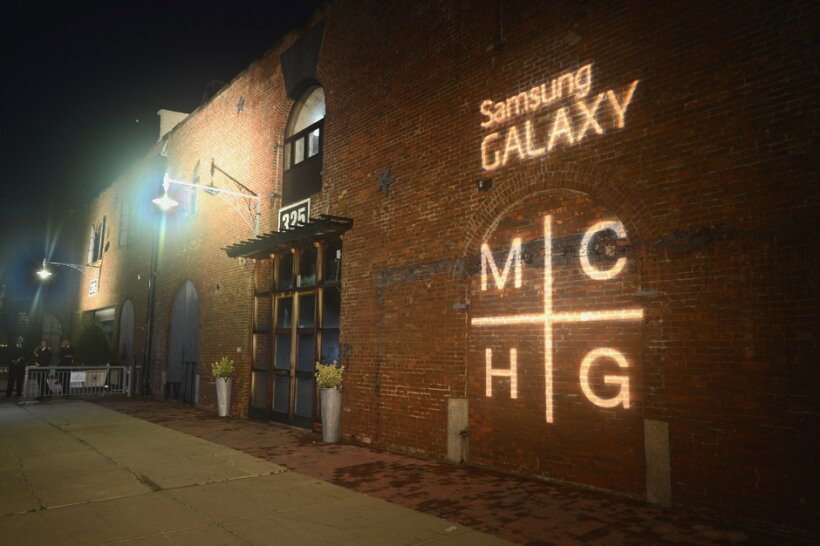It goes without question: Magna Carta… Holy Grail is causing quite a commotion amongst Jay-Z disciples. But not for the reasons you might think.Mr. Carter’s twelfth studio album has received a wide array of praise, critique and criticism for its content, but more so, for its corporate connections. While the album’s release date was July 9th, fans were tuned into “Picasso Baby” and “Tom Ford” while chillin’ and grillin’ in red, white and blue nearly a week before. As long as they had a Samsung.
The rap mogul partnered with the electronic conglomerate in order to kill two vastly different birds with one very controversial stone. Jay-Z’s Roc-A-Fella Records authorized the premature release of 1 million copies of his album through the Samsung-exclusive MCHG App for merely $5 a pop. The benefit of the agreement? Jay walks, or rather flies away in a G6 with a sound, hyped up advertising campaign for the second release of Magna Carta along with a pretty pocketful of coin from his app sales. Samsung remains a top contender in the ever-growing tech arms race, gaining even more momentum in holding their front-running title against competitors like Apple and Sony and voila! Everybody wins! At least, from a corporate standpoint. But as we all know, the marriage between music and business is a rocky one. As in most gold digging relationships, this buy-out has nothing to do with passion and everything to do with money.

Via: spin.com
The issue at hand is the preservation of artistic integrity in a bustling, business-run world. When a large-scale enterprise is the first to dish out an artist’s musical goods, they are essentially the liaison of the record, giving companies like Samsung more authority than one might think. Pigeons and Planes argues that, although many groups release their latest albums to the general public ahead of schedule, “Jay is making money and moving units by allowing a brand to dictate that their customers hear it first”.
What’s the big deal anyway? We live in a world where music leaks faster than the rusty pipes of Broward Hall. You can illegally download an entire reservoir of tuneage with just a few, quick keystrokes. Hardly anything is “highly anticipated” anymore due to our generation’s thirst for immediacy. Why should we care who king of the production hill is as long as we continue to have the latest and greatest jam flowing through our big, fluorescent Beats headphones? The answer: As control shifts from the hands of artists and into those of big business, the line between creative expression and corporate success is blurred.
Art, in any form, signifies innovation and passion. In an era where a gallery of Emojis hard-wired into our phones gives us all the emotion we need, it has been comforting knowing that music has persisted as a symbol of imaginative devotion. However, as global companies gain more influence in the creative process of production and artists become more focused on making money than music, this beacon of hope is being diminished. Sure, Samsung isn’t writing the lyrics to “Holy Grail”, but is such a hypothetical situation that far off base? Is there any more room for expressional quality once the main motive is selling tablets? The idea that a great artist would surrender any amount of creative control simply to get paid has long been regarded as shameful, not just by society and fans, but by other artists. Hopefully, the Magna Carta conundrum does not propel the idea of a brand-based music industry. However, album success will continue to rely upon sales and popular artists will ultimately adapt to whichever opportunities allow them to top the charts.
Is this reason for anxiety over the next Rihanna release? Or is it as Jay-Z claims in his Samsung commercial, “We don’t have any rules, everyone’s trying to figure it out. That’s why the internet is like the Wild West, the Wild Wild West – we need to write the new rules.” The scary part is deciphering who the author will be.
Photo courtesy of: Allhiphop.com





